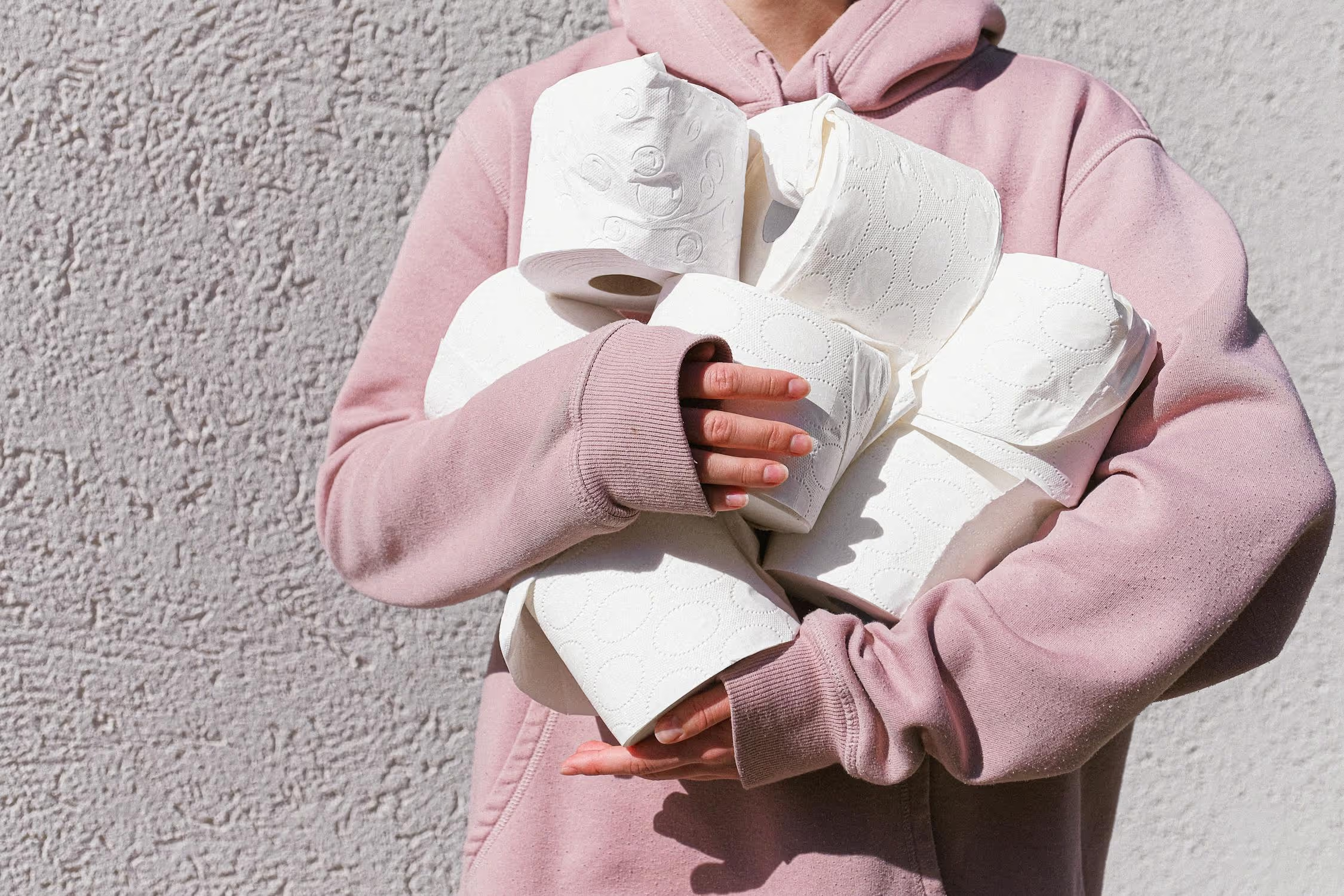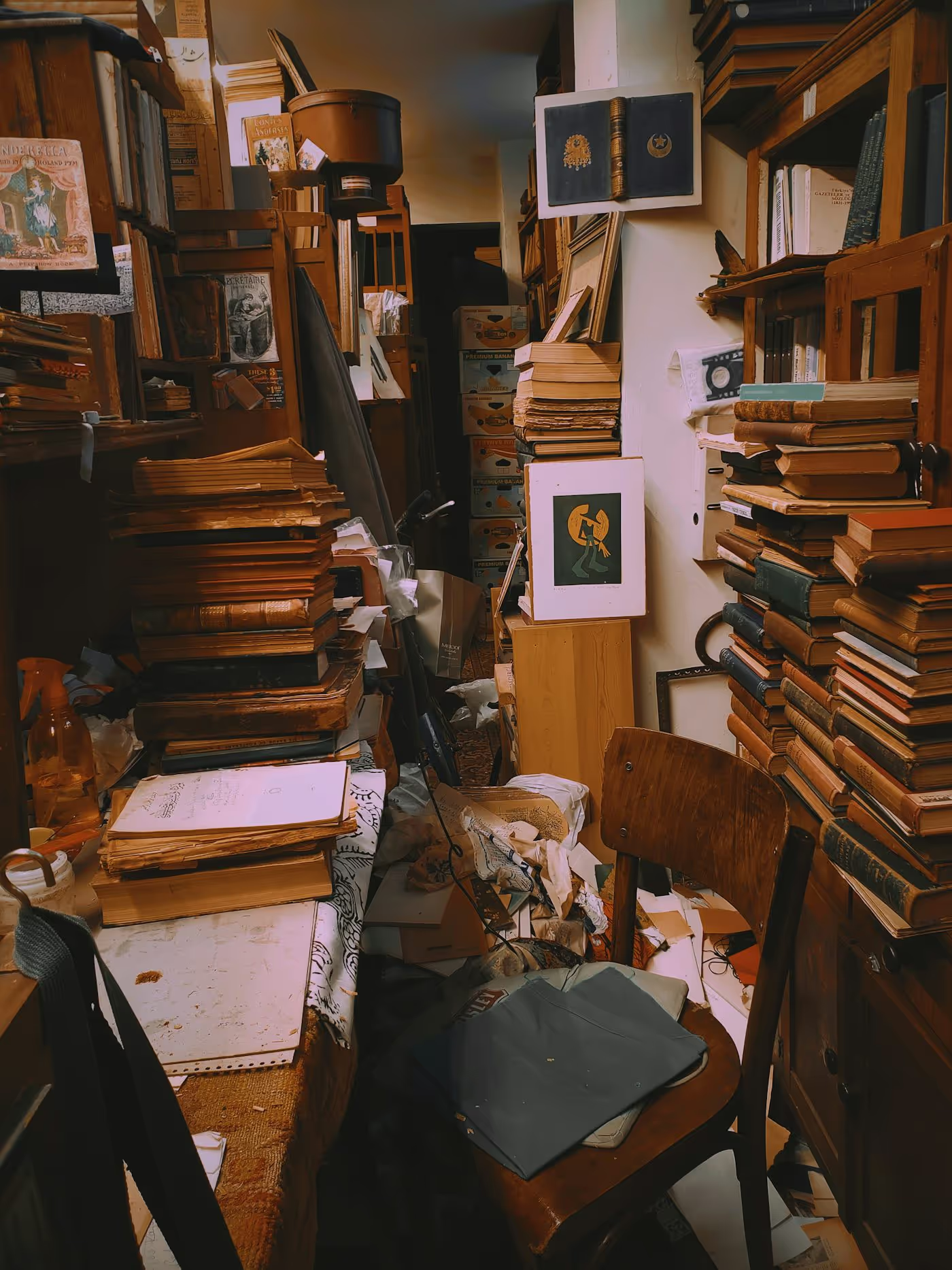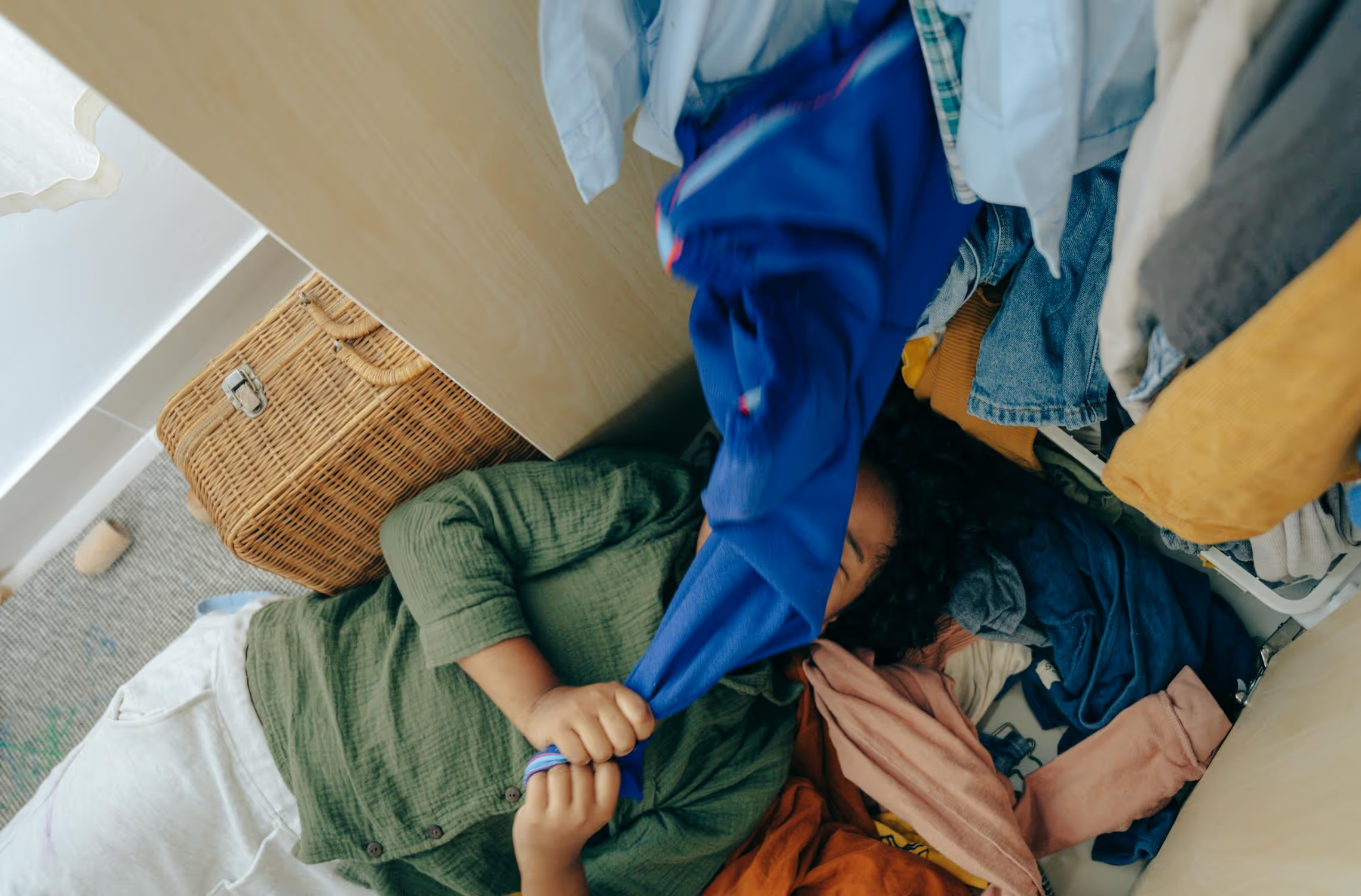Were you wondering how to stop hoarding? The important thing is to get help soon. There are professionals, as well as self-help resources. You can do...

Were you wondering how to stop hoarding? The important thing is to get help soon. There are professionals, as well as self-help resources. You can do plenty of research, however, doing something to actually help yourself will be most effective. Do you have a friend who likes to clean? Invite them over for a cleaning party. There is more you can do, though. Keep reading to learn all about it!
You came here to read about how to stop hoarding, but you might want to know why you do it to begin with.
Hoarders have trouble with decision-making, particularly around their possessions.
People with hoarding disorder have emotional connections to their stuff, which has evolved from deep pain.
People prefer not to deal with this pain, so they pay attention to inanimate things around the house instead.
Hoarders then think these objects really are more valuable than they really are.
From this, hoarders have anxiety when the thought is presented of eliminating the stuff.
Hoarders have plenty of things with no real value, and thus need to learn how to stop hoarding.
Examples of these could be food wrappers, old newspapers, or old clothes that don't fit anymore.
Some people even try to have as many pets as possible, as they feel bad about the death of a former one.
This is counterproductive because the animals are usually malnourished and sick.
However, their owner feels they are doing a good thing because they don't understand the reality.
If you own many pets for an underlying reason, then it's even more important that you learn how to stop hoarding.

Chances are you came to this page because you realized you have a hoarding problem.
One important step that answers the question "How to stop hoarding?" will be to take inventory of everything in the house.
That may sound overwhelming, and we suggest that you spend only a few minutes a day at this at first.
Set a timer for five minutes, and chances are you will want to keep going.
As you come across an item, try to remember why you've kept it.
If you cannot remember, then it is time to toss or donate it.
This is vaguely what the OHIO principle is about.
Have you heard of the OHIO principle?
It's a way of determining the use or value of something for the future.
OHIO stands for "Only Handle It Once."
This principle was invented to handle emails, about whether to respond or delete them.
It's most productive to do one or the other right away.
Now, in terms of material objects in one's home, it sheds indecisiveness and stops you from keeping stuff with no value.
This is an easy one you can start doing today.
Then there are the items for which you know why they're around.
Do you feel that your explanations for why they're around are reasonable?
One may hoard, or even want to learn how to stop hoarding because they feel like they don't have control over their lives.
Thus, they may control items in their environment.
Some people have an ongoing fear of death, and save up stuff to use "someday."
One example is saving up tons of yarn for knitting projects.
Deep down, though, the person knows they won't get to all those projects and wants to create the illusion that they actually will.

This might sound scary, but it's an important step in how to stop hoarding.
Be assured that the provider, nor the police nor anybody, will show up at your place of residence and throw things away.
Take note of any symptoms you experience, and for how long.
It will help the professional know what types of stuff you feel you need to save, and your personal beliefs about obtaining and keeping such items.
If you have already attempted to control your clutter, then tell the professional about the challenges you've come across.
The mental health professional will want to know about big losses or traumatic events you've experienced, as well as key medical issues.
Do not hesitate to come in with any questions about your treatment, as this is your appointment.
Examples of questions you can ask, revolve around how often you'll need to come to therapy, which types of treatments they may find most effective, and how much time you will be in treatment for.
Keep in mind that hoarding treatment is a process, one that will not occur overnight.
The provider may ask you questions about avoiding making decisions about your stuff, why you won't throw things away, and if your clutter prevents you from having people over.
In your path of learning more about how to stop hoarding, you may be advised to partake in cognitive behavioral therapy (CBT).
You may be surprised about the need to seek professional help for this, but hoarding disorder is indeed listed in the American Psychiatric Association's Diagnostic and Statistical Manual of Mental Disorders, 5th Edition (DSM-5).
CBT deals with changing one's behaviors.
It's been proven to lead to a serious improvement in one's quality of life and functioning.
Through CBT, one can use problem-solving skills to deal with tough situations.
They can gain confidence in their own abilities.
This would help someone with how to stop hoarding because it would allow them to see the reasons why they hoard, give them coping skills to deal with adversity, and push them to develop self-confidence.
In CBT, one can expect in-session exercises as well as homework to do outside.
There is a lot one can do to stop hoarding.
One doesn't have to do it all alone.
In fact, it is strongly encouraged that one seeks professional help, as well as assistance from their support network.
We hope we have thoroughly answered your question of "How to Stop Hoarding?"
https://www.aconsciousrethink.com/18298/how-to-stop-hoarding/
https://www.apa.org/ptsd-guideline/patients-and-families/cognitive-behavioral
https://www.mayoclinic.org/diseases-conditions/hoarding-disorder/diagnosis-treatment/drc-20356062